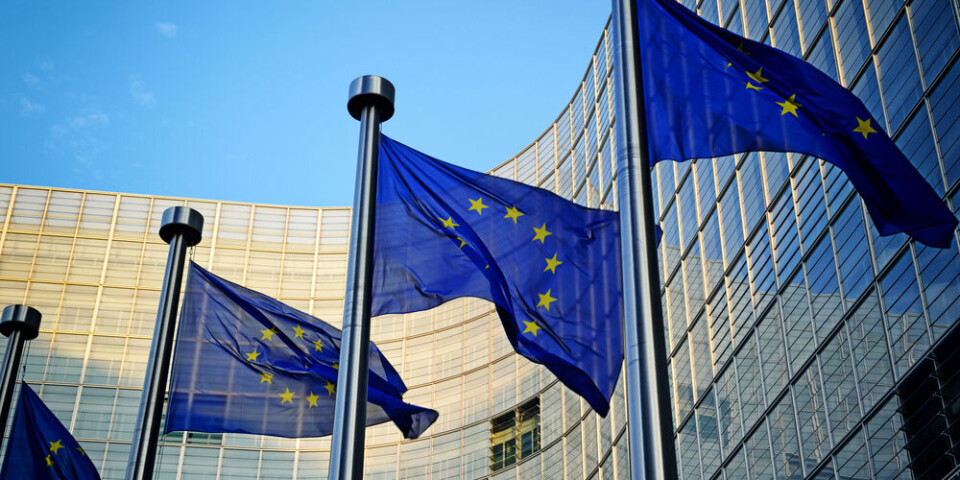-
Key Alpine pass to reopen this summer after €6m repairs
The col d'Allos in Alpes-de-Haute-Provence has been closed since 2023 due to severe weather
-
Why 500,000 people in France will soon be getting a call from health officials
A new campaign will target certain individuals with particular health conditions
-
Receive a book and a rose: France prepares to celebrate its independent bookshops
The 27th edition of the Fête de la librairie indépendante will take place tomorrow (April 26)
80% of people in France to see 16-29 abnormally hot days each year
The number of extremely hot days will rise to these levels over the next 30 years, with eastern and southern France most severely affected

Around 80% of the French population will experience 16 to 29 abnormally hot days each year over the three decades to come, as climate change takes hold.
This same proportion of the population was exposed to fewer than 16 days with very high temperatures in the period between 1976 and 2005.
This is according to a study published yesterday (August 30) by national statistics institute Insee, based on data from national weather forecaster Météo France.
Auvergne-Rhône-Alpes, Bourgogne-Franche-Comté and Occitanie will be the most acutely affected regions, Insee predicts, and the number of people who will see more than 20 extremely hot days each year will be 9.3 million.
This equates to one French resident in seven.
Nighttime temperatures will also rise, with some areas seeing up to 19 extremely hot nights each year, compared to seven between 1976 and 2005.
France’s coastlines will see more hot episodes, but there should not be such an extreme change in the frequency of hot days, which is expected to rise from seven per year before 2005 to 12 over the next 30 years.
The increasing prevalence of abnormally high temperatures can be detrimental to people’s health, especially if they are elderly. In addition, the regions which will be most exposed to the heat are home to 1.2 million people living below the poverty line, whose houses and flats are more likely to be poorly insulated.
A record 33 heatwave days this summer
Summer 2022 has seen a record 33 days of heatwave conditions: five in June and 14 in both July and August, according to Météo France.
This summer has been the second hottest ever recorded, only being topped by that of 2003.
Read more: Summer 2022 has been second hottest since records began in France
Météo France climatologist Matthieu Sorel has said that this summer has been “long, testing and difficult”.
At 23C, the average temperature has been 2.3C higher than normal over the past three months, compared to the 1991-2020 period. In 2003, temperatures were 2.7C higher than normal, but that year’s heatwave is considered by meteorologists as a sort of “weather UFO”.
Temperature records were beaten in 87 weather stations across France this year, but the ultimate French record – 46C in Vérargues, Hérault in 2019 – was not matched.
Home insurance quotes could increase by 120% by 2050
While climate change is bringing hotter temperatures to France, it is also causing extreme weather events such as fires and storms.
Over the last seven months, more than one million incidents involving damage to property have been reported in France, representing €4.3billion, the French federation of insurance, France Assureurs, has said.
Some €3.5billion has been paid out to policy holders each year since 2017 on average.
This has led the ACPR, the body which monitors the activity of insurance companies and banks, to predict that there could be a 113-120% rise in premiums over the next 30 years. That would equate to an increase of a few euros each year for policy holders.
In addition, the insurance tax which goes towards the régime d’indemnisation des catastrophes naturelles natural disaster fund could increase from 12% to 18%, as the system is already under pressure.
Read more: Vehicles, homes: claiming compensation for weather damage in France
Related articles
France sets new peak solar power output – but not due to heatwave
This is how much rainfall France needs to end the drought
June flooding and mudslides recognised as natural disasters in France
























